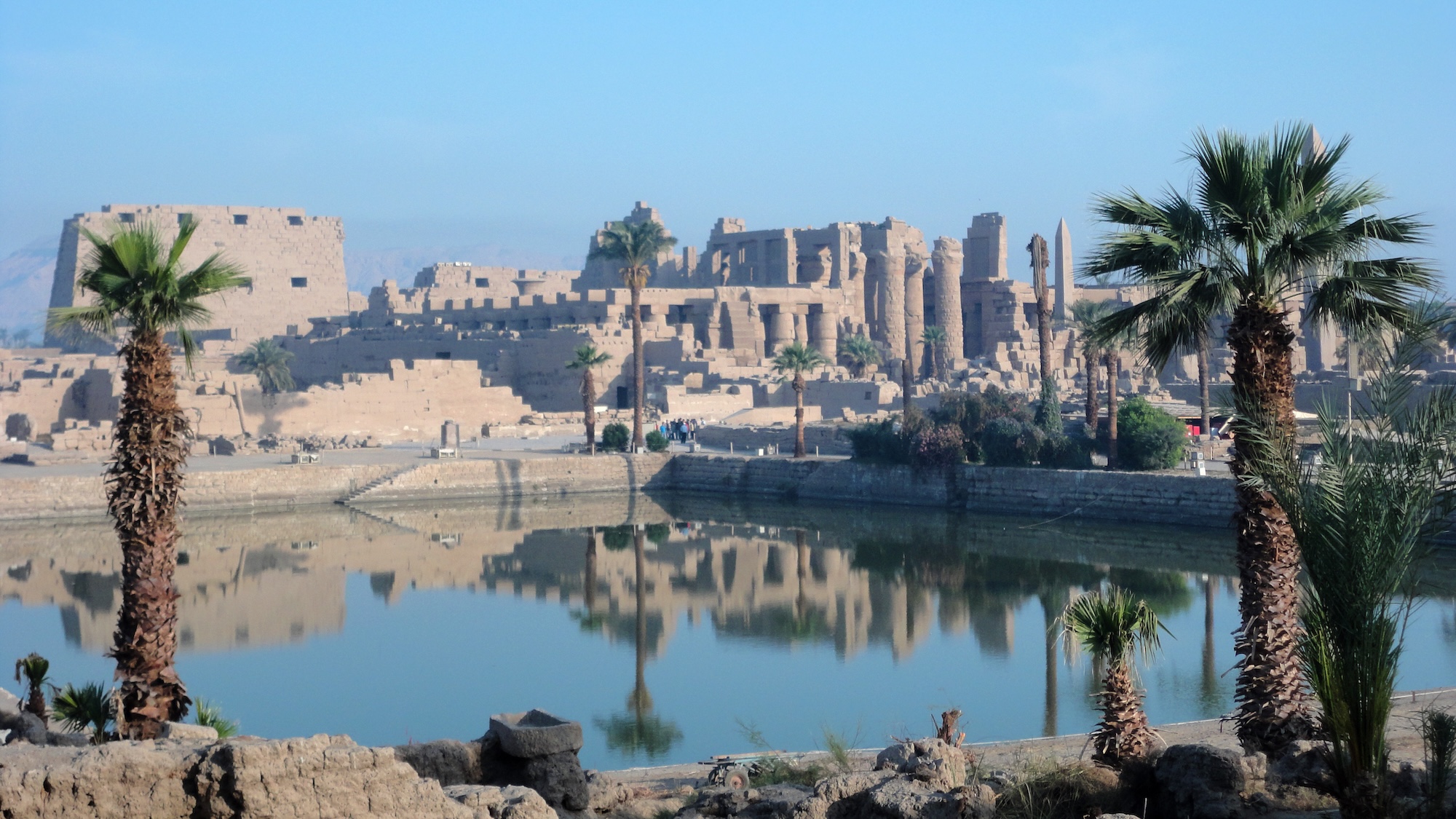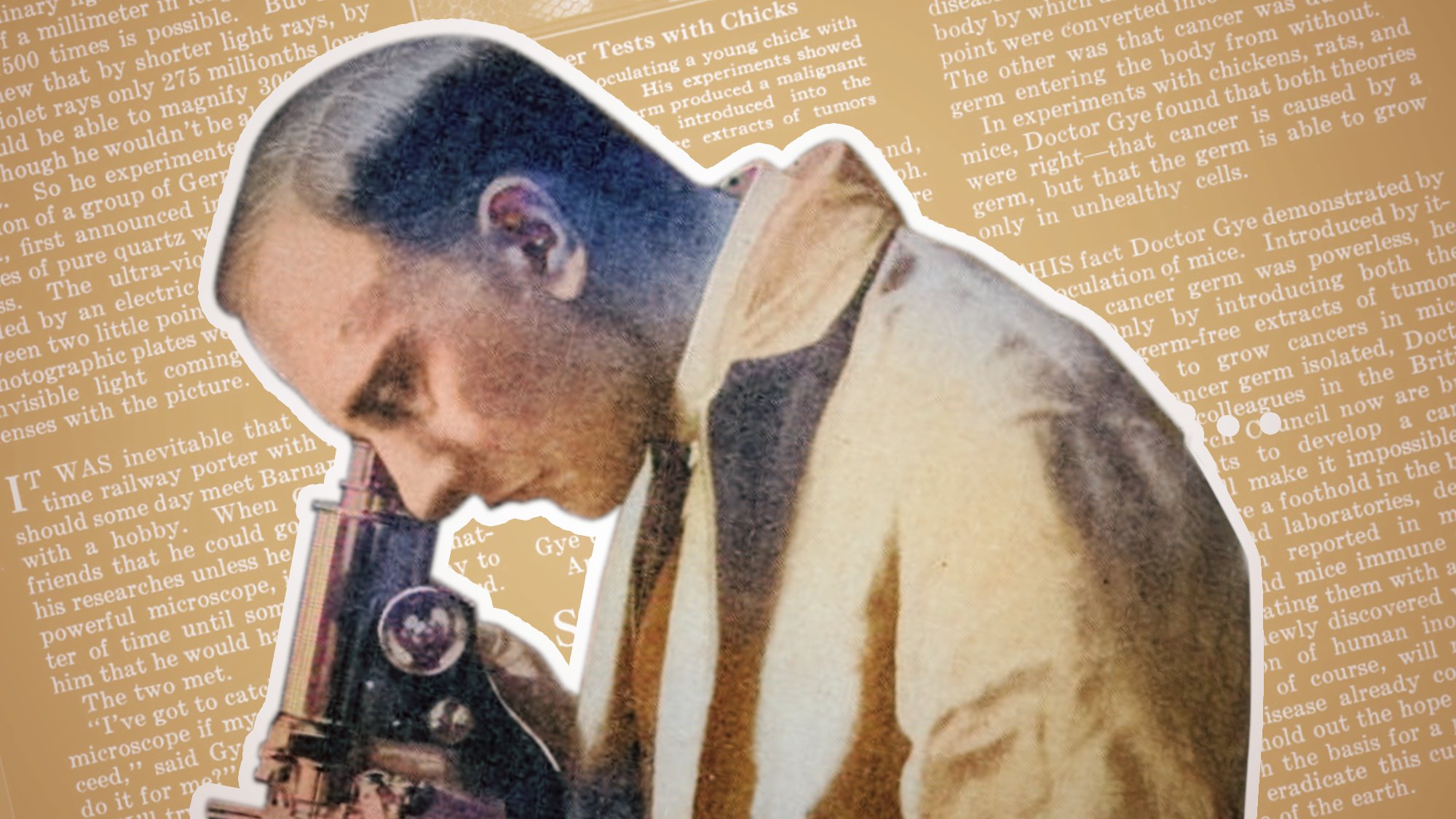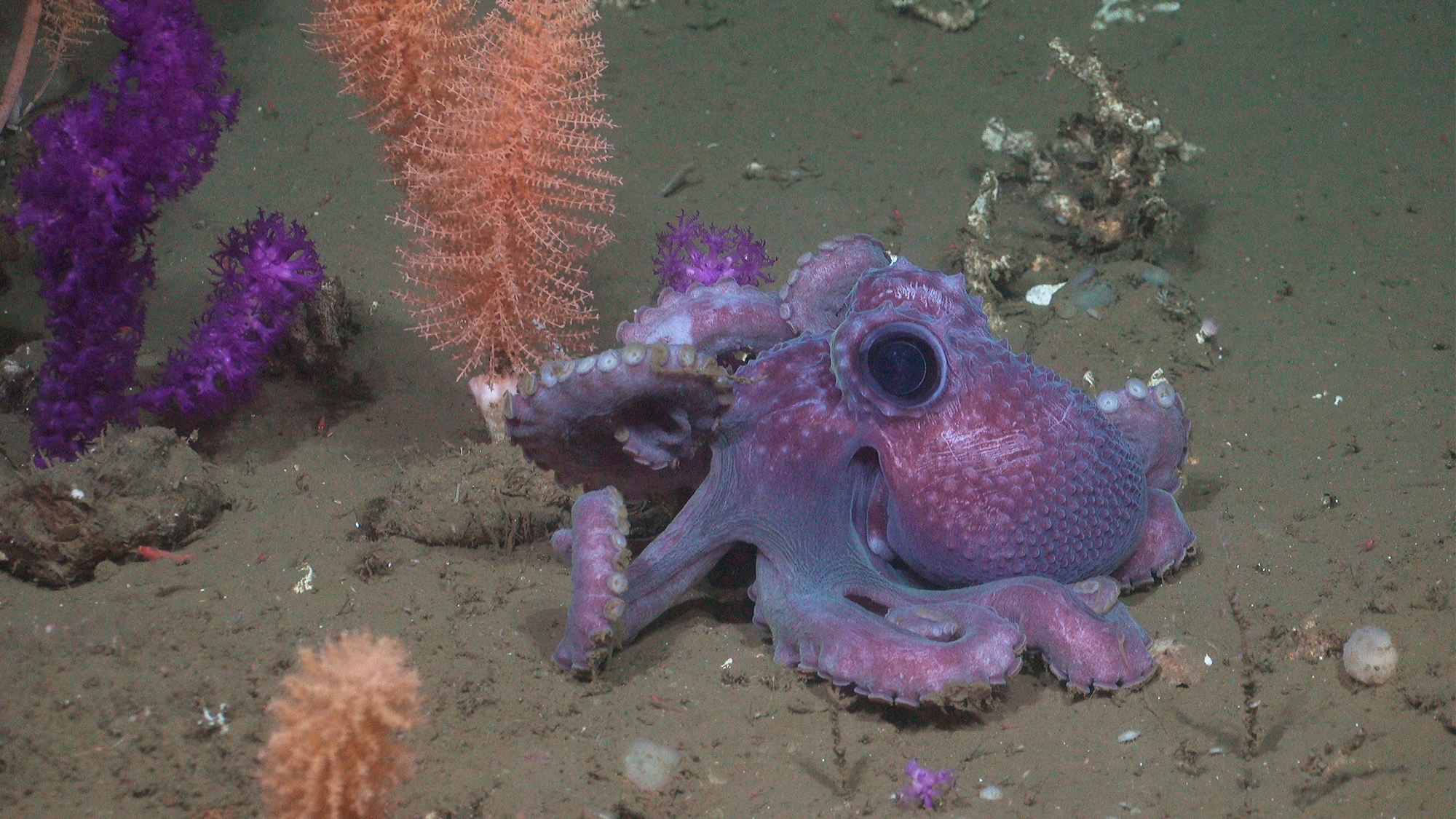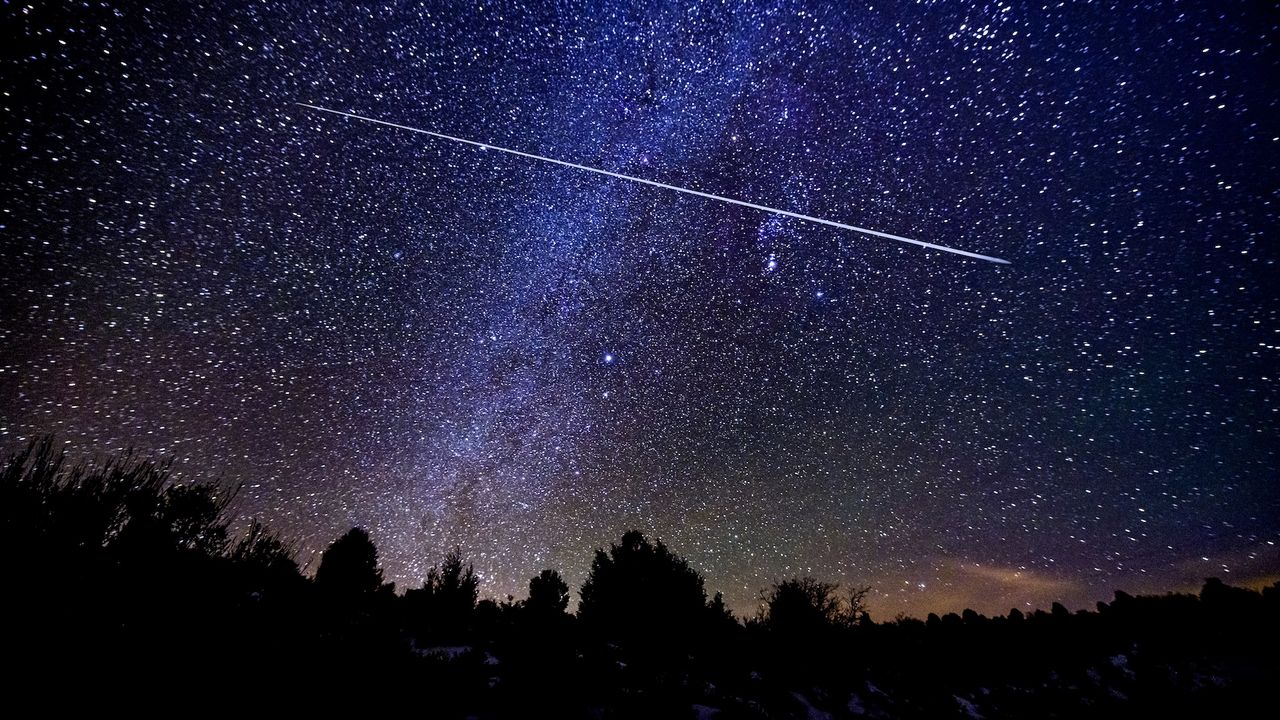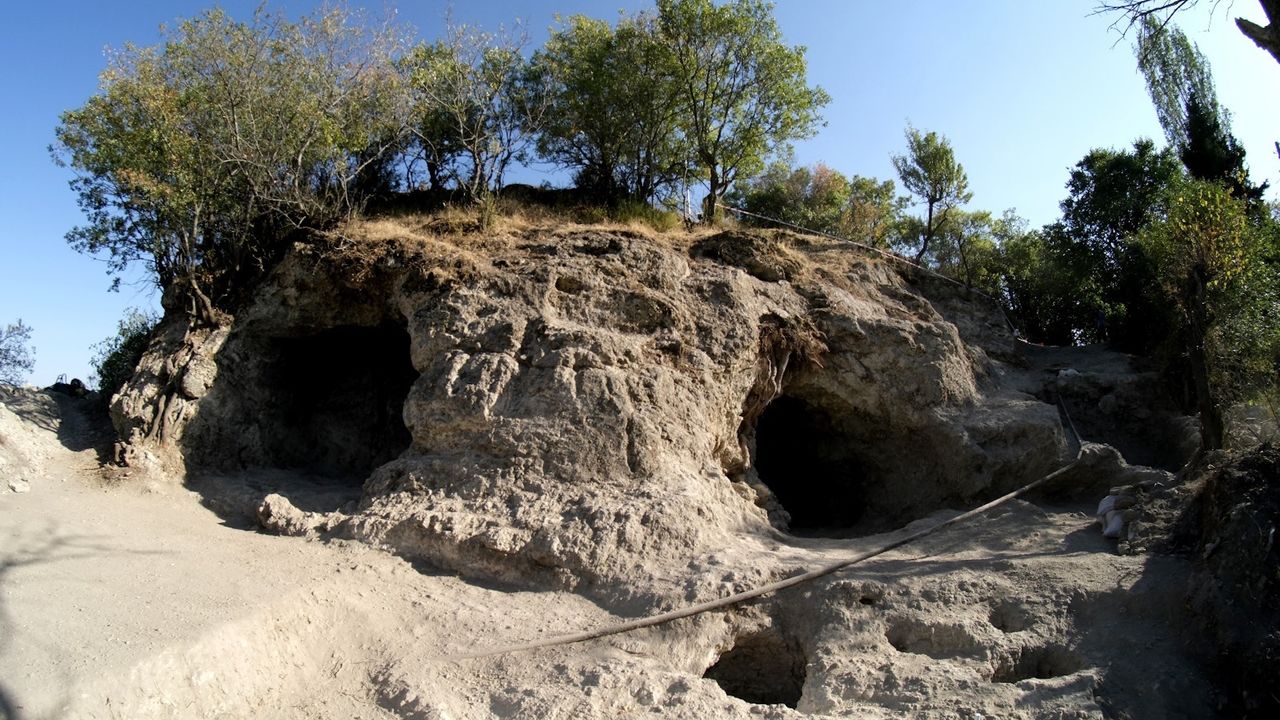A rare coin treasure hunt kicks off in 4 American cities
PositiveScience

A thrilling rare coin treasure hunt is set to begin in four American cities, inviting coin collectors to lace up their running shoes and join the excitement. This event not only offers a chance to discover valuable coins but also fosters community engagement and enthusiasm among collectors. It's a unique opportunity for enthusiasts to connect, explore, and potentially uncover hidden treasures, making it a significant event in the world of numismatics.
— Curated by the World Pulse Now AI Editorial System
